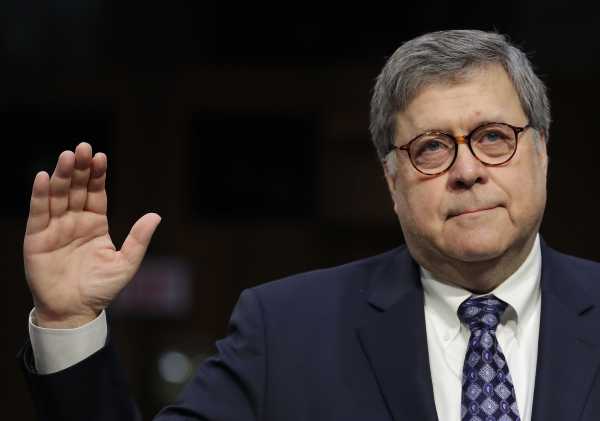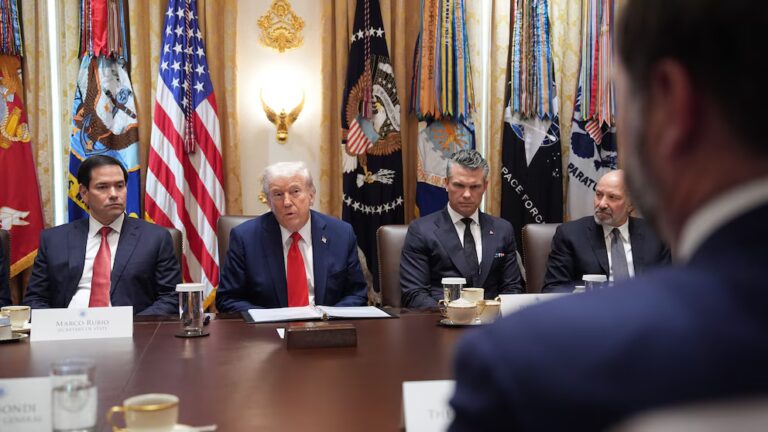
The Trump administration’s war on marijuana legalization may soon end.
A year ago, the Department of Justice, under the leadership of Attorney General Jeff Sessions, made a move widely interpreted as a signal to federal prosecutors and other law enforcement officials to crack down on cannabis — and marijuana businesses — in states that had legalized pot: It rescinded guidance issued during Barack Obama’s presidency that allowed states to legalize pot without the threat of federal interference even as marijuana remained illegal under federal law.
But Trump’s nominee to replace Sessions as attorney general, William Barr, confirmed in written responses to questions from US senators that he won’t be continuing that push to crack down on legal pot if he is confirmed by the Senate.
“As discussed at my hearing, I do not intend to go after parties who have complied with state law in reliance on the Cole Memorandum,” Barr wrote, referring to one piece of the Obama-era guidance.
Barr clarified that he has “not closely considered or determined whether further administrative guidance would be appropriate.” But at least for now, it doesn’t look like he’ll pursue a war on marijuana legalization, like Sessions did.
The nominee, who’s opposed to marijuana legalization, also wrote that “the legislative process, rather than administrative guidance, is ultimately the right way to resolve whether and how to legalize marijuana.”
To put it another way: If Congress wants to eliminate the risk of federal interference into states’ marijuana laws, it should change federal law. (Barr has said that he opposes legalizing pot, so he doesn’t want Congress to take such a move.)
Under federal law, marijuana remains illegal for all purposes, medical or not. So even in the states where marijuana has been made legal under state law, it remains illegal at the federal level.
The Obama-era Justice Department, however, enacted an uneasy truce between federal and state governments with its guidance: It acknowledged that marijuana remains illegal at the federal level, but as long as states met certain criteria (such as not letting legal pot fall into kids’ hands or cross state lines), the federal government wouldn’t crack down on state-legal cannabis businesses.
It’s this truce Sessions attempted to break by rescinding the guidance, opening up state-legal businesses to the threat of federal law enforcement. But Barr is now moving away from that.
Ten states and Washington, DC, have legalized marijuana for recreational purposes, although Vermont and DC have not allowed sales.
Supporters of legalization argue that it eliminates the harms of marijuana prohibition: the hundreds of thousands of arrests around the US, the racial disparities behind those arrests, and the billions of dollars that flow from the black market for illicit marijuana to drug cartels that then use the money for violent operations around the world. All of this, legalization advocates say, will outweigh any of the potential downsides — such as increased cannabis use — that might come with legalization.
Opponents, meanwhile, claim that legalization will enable a huge marijuana industry that will market the drug irresponsibly. They point to America’s experiences with the alcohol and tobacco industries, which have built their financial empires in large part on some of the heaviest consumers of their products. This could result in far more people using pot, even if it leads to negative health consequences.
For more on marijuana legalization, read Vox’s explainer.
Sourse: vox.com






